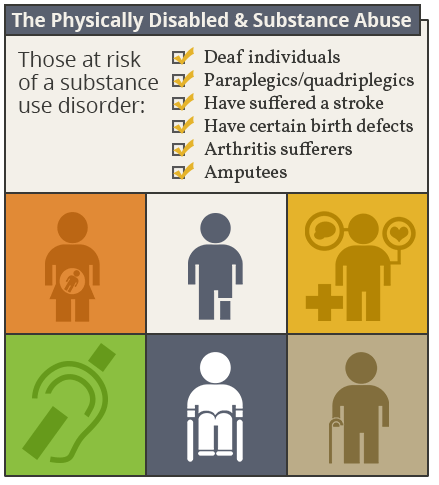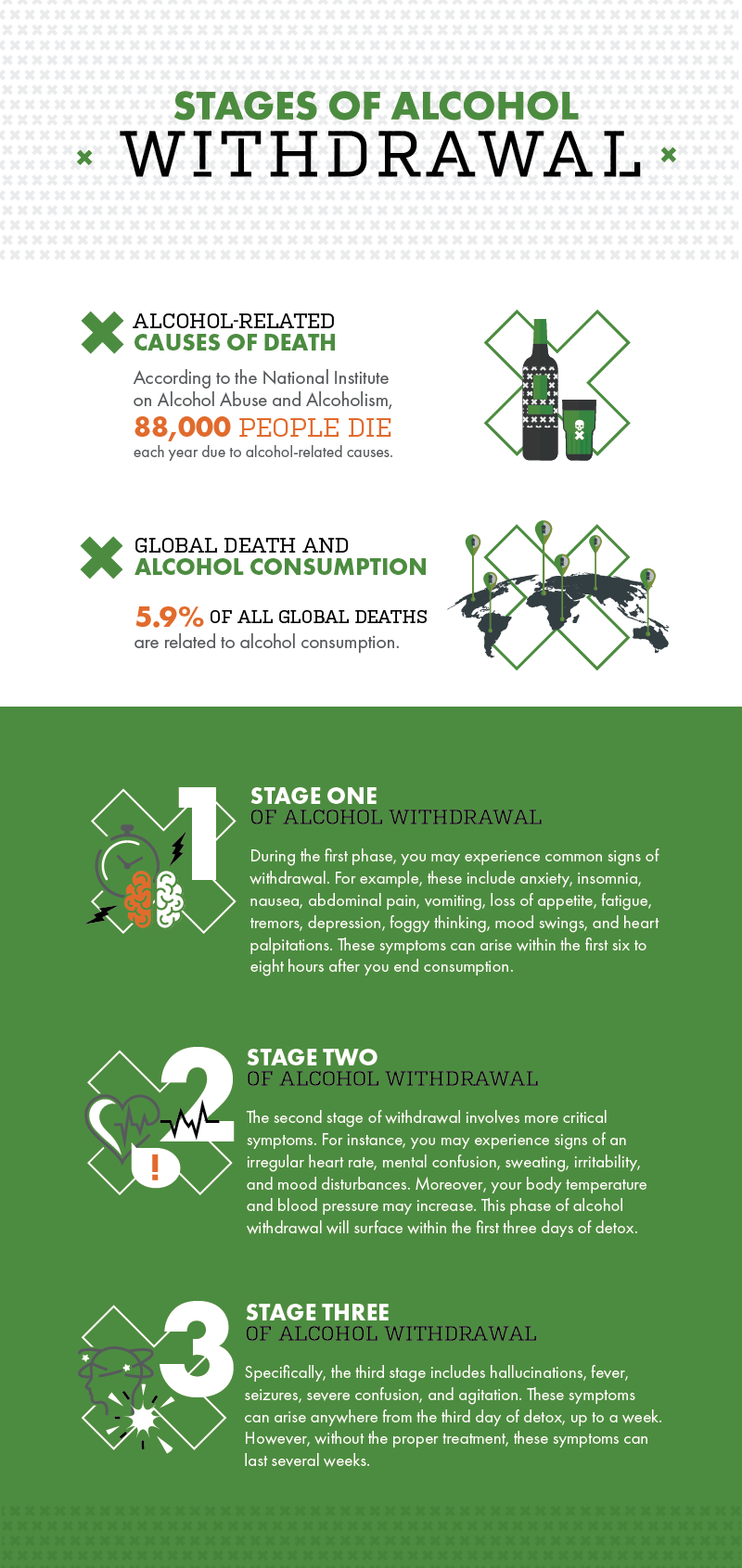" A research study of three types of group psychiatric therapy with hospitalized male inebriates". 18 (2 ): 26377. PMID 13441877. Cartwright AK (December 1981). "Are various healing perspectives crucial in the treatment of alcohol addiction?". 76 (4 ): 34761. doi:10.1111/ j. 1360-0443.1981. tb03232.x. PMID 6947809. Division of Behavioral Health Solutions, ADHS/DBHS Best Practice Advisory Committee. " Client Directed, Outcome-Informed Practice (CDOI)".
" A psychoanalytical theory of 'drug addiction': unconscious fantasies of homosexuality, obsessions and masturbation within the context of teratogenic processes". Int J Psychoanal. 76 (Pt 6): 112142. PMID 8789164. Marlatt, G. Alan (1985 ). " Cognitive consider the relapse procedure". In Gordon, Judith R.; Marlatt, G. Alan (eds.). New York City: Guilford Press.
Glavin, Chris (6 February 2014). " Cognitive Models of Dependency Recovery K12 Academics". www.k12academics.com. how to use yale food addiction chart in treatment. Recovered 1 October 2018. Beck, Aaron T.; Wright, Fred D.; Newman, Cory F.; Liese, Bruce S. (16 January 2001). " Ch 11: Concentrate On Beliefs". Cognitive Treatment of Substance Abuse. Guilford Press. pp. 16986. ISBN 978-1-57230-659-2. Mendelson JH, Sholar MB, Goletiani N, Siegel AJ, Mello NK (September 2005).
Neuropsychopharmacology. 30 (9 ): 175163. doi:10.1038/ sj.npp. 1300753. PMC. PMID 15870834. Carmody TP, Vieten C, Astin JA (December 2007). "Unfavorable affect, emotional acceptance, and smoking cigarettes cessation". J Psychoactive Drugs. 39 (4 ): 499508. doi:10.1080/ 02791072.2007.10399889. PMID 18303707. Ruiz, F. J. (2010 ). " An evaluation of Acceptance and Commitment Treatment (ACT) empirical evidence: Correlational, speculative psychopathology, part and outcome research studies".
10 (1 ): 12562. Hayes, Steven. " State of the ACT Proof". ContextualPsychology.org. Black DS (April 2014). "Mindfulness-based interventions: an antidote to suffering in the context of compound usage, abuse, and dependency". Subst Usage Misuse. 49 (5 ): 48791. doi:10.3109/ 10826084.2014.860749. PMID 24611846. Chiesa A (April 2014). "Are mindfulness-based interventions reliable for substance use conditions? An organized evaluation of http://remingtonyiox683.bravesites.com/entries/general/the-smart-trick-of-how-to-get-an-unwilling-adult-in-to-addiction-treatment-in-georgia-that-nobody-is-talking-about the evidence".
49 (5 ): 492512. doi:10.3109/ 10826084.2013.770027. PMID 23461667. Garland EL (January 2014). " Mindfulness training targets neurocognitive systems of dependency at the attention-appraisal-emotion user interface". Front Psychiatry. 4 (173 ): 173. doi:10.3389/ fpsyt. 2013.00173. PMC. PMID 24454293. " Deadly overdoses, scams pester Florida's thriving drug treatment industry". NBC News. Recovered 1 November 2017. Sforza, Teri; et al.
What Does What Addiction Are Treatment With Suboxone Do?

" How some Southern California drug rehabilitation centers exploit addiction". ocregister.com. Ancyc, Tyra; et al. (10 March 2020). " Rehab in Thailand". thairehabhelper.com. Karasaki, et al. (2013 ). The Place of Volition in Dependency: Differing Approaches and their Implications for Policy and Service Provision. Kinsella, M. (2017 ). "Fostering client autonomy in dependency rehabilitative practice: The role of restorative 'existence'." Journal of Theoretical and Philosophical Psychology, 37( 2 ), 91108.
When a person ends up being concerned about an enjoyed one's drinking or substance abuse, it can be challenging to understand what to do. Numerous scenarios concerning the confrontation may occur, inducing fear, reluctance, or indecision about the very best methods to assist the enjoyed one get treatment through professional rehabilitation. These doubts can be cleaned up with a few pieces of recommendations that might assist friend or family of a person who is fighting with substance abuse or addiction find the best way to encourage their loved one to enter a treatment program.
Because of this, the first thing to do is learn about dependency and what causes it, what it does to the person's brain and behavior, and why treatment is needed. There are a variety of aspects to take into account when researching a loved one's addiction and treatment alternatives. These consist of: The system and causes of dependency: The National Institute on Drug Abuse (NIDA) is a great resource for comprehending what dependency is, how it occurs, and what types of intervention are probably to assist a private recover from it.
The drug or drugs being utilized: Different drugs have various impacts on the person's body. Some of these might trigger problems with the person's ability to focus or process what is being said. Others may trigger the person to feel paranoid or be most likely to respond strongly. Understanding what to expect can help.
The alternatives for treatment and when they are used: Inpatient care, outpatient treatment, aftercare, treatment, alternative treatments each of these belongs, depending on the individual's readiness for treatment, the degree of the abuse or addiction, and whether there is a high risk of regression for the person.
State or municipal health and human services departments can be an excellent source of regional info. Healthfinder.gov can help in locating the relevant department or service for each state or county. Working through a credible, research-based treatment center can also assist point household and buddies in the best direction. Making a strategy for approaching a loved one about a dependency issue can help friend or family to be gotten ready for anything that may happen throughout the conversation.

The Only Guide for Which Substitute Drug Is Used In Heroin Addiction Treatment Programs?
It can likewise supply an unified front in convincing the individual that household and pals have actually the liked one's best interests at heart. The Association of Intervention Specialists can assist in discovering a professional trained to prepare the occasion. The treatment center may likewise have resources that will support the procedure.
It can be simple to end up being psychological when confronting a loved one about dependency. Lots of feelings might be raised. Anger, fear, embarassment, dissatisfaction, guilt, and other sensations frequently boil under the surface area of the love and hope that inspire the friend or family to intervene. These sensations are natural and reasonable.
For instance, if the household member or pal ends up being angry and begins screaming, the loved one may also end up being angry and protective. This can lead to the individual closing off any receptivity toward what the friends and family are stating. This does not indicate that the friend or family ought to not be sincere in Hop over to this website Click to find out more presenting how the person's substance abuse has actually hurt their relationship.
Individuals who have never ever had an addiction issue may find it tough to comprehend why liked ones struggle with dependency. With all of the viewpoints and concepts about dependency that are presented throughout society, it can be simple to become judgmental of the person who is battling with dependency and dismissive of the issues that may have caused the issues with drugs and alcohol.
As explained in the book Helping the Addict You Love, judgment of the situation can close down the conversation. Instead, asking concerns and attempting to comprehend the individual's situation, even if friends and family don't agree with it, can help establish the loved one's trust that friends and family are acting out of love and concern, supplying the support that is probably to help the person be successful in treatment.
For this reason, having treatment readily available as quickly as the individual is willing to enter is thought about to be one of NIDA's Concepts of Efficient Treatment. For this reason, getting a treatment program lined up to accept the liked one immediately is an important aspect of the planning procedure before the conversation is started.
5 Easy Facts About How Much Does The Us Spend On Addiction Treatment Shown
The specialists who operate in research-based, certified treatment programs can offer a lot of assistance throughout the process of attempting to convince the enjoyed one that treatment is required, and they can help figure out the most suitable level of look after the person. They can likewise help strategy for immediate admission to the program as quickly as the individual accepts that assistance is required.